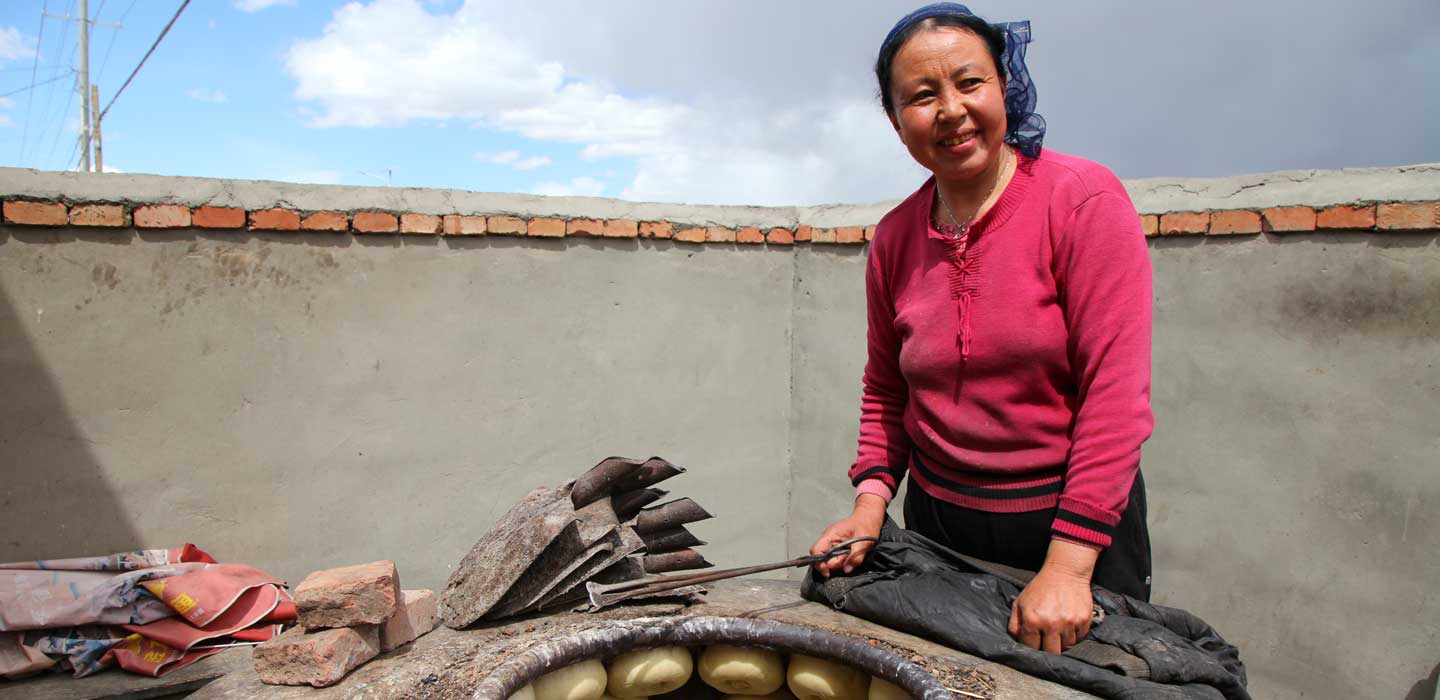Stories
Stories

Stories
Manual Submenu Topics
Search Results Filters
Search Results
Forging new connections through the “tree of life”
Brejo is not easy to reach: the only way in or out is a 12-kilometre dirt road running through a swamp, which most vehicles can’t manage. And with no way to sell their most important crop – burití (Mauritia flexuosa), a native palm tree – the 200 families living there frequently felt forgotten by the outside world.
The Iron Horse: Improving animal and human health in Kyrgyzstan
Herding livestock is central to Kyrgyzstan’s economy, society and culture, but the nation has long lacked enough veterinarians to care for these animals. Now, an IFAD-supported project is helping to train veterinarians and make sure they reach even the country’s most remote areas.
In rural Montenegro, women gather to share their successes
In north-eastern Montenegro, an IFAD-funded project is helping women start their own businesses and gain greater representation in their communities. Recently, many of these women gathered to share their successes and teach and learn from each other.
In Turkey, strawberry farms bring opportunities for rural youth
Youth who grew up in the Taurus Mountains of Turkey have traditionally moved to the big cities to pursue their careers. But recently, thanks to an IFAD-supported project, the region’s farmers have begun growing strawberries. Highland strawberries are proving quite popular, driving the growth of a new regional value chain – and bringing the region’s youth back to the countryside to take part.
A green new hope for degraded soils
Over half the world’s arable land is already degraded, and this number is growing at a rate of 23 hectares per minute. But with the support of an IFAD-funded project – along with an unlikely ally – farmers in Bolivia’s Pando region are restoring the land in record time.
Taking stock of the dairy business with the Wazo Jema Youth Group
Wazo Jema is one of many youth-led small businesses that got a boost through the IFAD-funded Vijabiz programme. Although they’re on more solid ground than they were before, they’ve continued to face some challenges – and these difficulties highlight ways that future initiatives can be improved.